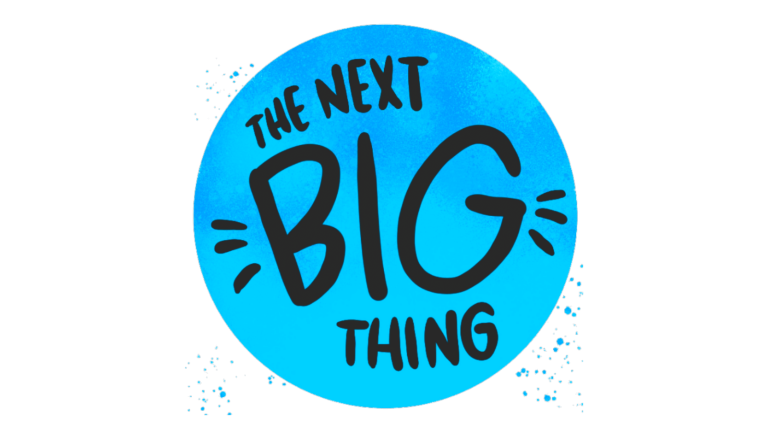Innovation in banking has become more incremental rather than revolutionary
People who say “there is no next big thing in banking” are probably talking about how hard and complicated the banking business is. But it’s important to remember that the financial sector is always changing, and a lot of new ideas and trends could affect its future. Some things might go against the idea that banking doesn’t have any new big ideas:
Digital Transformation: As more people switch to digital banking, the way they deal with banks is changing. More and more people are using mobile banking apps, online banking services, and digital wallets because they are easy to use and convenient.
Blockchain and cryptocurrencies: Blockchain technology and cryptocurrencies like Bitcoin and Ethereum are opening up new ways to make deals safe and clear. Decentralized finance (DeFi) platforms are also becoming more popular. These offer financial services that aren’t available through standard banking systems.
Using AI and machine learning to make customer service better with chatbots and virtual helpers, find fraud faster, and give personalized financial advice are all examples of AI and machine learning in action. Banks can also use predictive analytics to help them control risk and make decisions.
Fintech Integration: Fintech companies give specialized financial products and services that drive innovation. By working together, traditional banks and fintech companies may be able to come up with new ideas that improve the customer experience and make operations run more smoothly.
Regulatory Technology, or RegTech,: RegTech products help banks follow the rules more easily by automating tasks like monitoring, reporting, and compliance. This can cut down on costs and lower the risks that come with breaking the law.
Ethical and Sustainable Banking: People want more sustainable and ethical banking practices. Banks are focused more and more on green financing, which means investing in projects that are good for the environment and doing things that are good for society.
Open Banking: Regulatory changes in some areas have led to open banking efforts that are promoting more competition and transparency. When open banking is used, new financial goods can be made by letting outside developers create apps and services that work with a bank.
Sometimes it seems like things are changing slowly, but these areas show that the banking business is making progress in many areas.
Some other thoughts.
Why the Point of View Mature Technology Landscape: A lot of new technologies are now commonplace, like digital accounts, online banking, and mobile banking apps. This level of development could make people think that there aren’t any big new ideas coming up soon.
Regulatory Limits: There are a lot of rules that apply to the banking business, which can slow down the rate of innovation. New technologies have to meet strict rules set by regulators, which makes it hard to make big changes quickly.
Incremental Improvements: Most of the new ideas in banking are small improvements on old methods, not completely new ways of doing things. Improvements to the user experience, security, and speed are big, but they might not be seen as game-changing.
Arguments Against
New banks and fintech: Traditional banking methods are still being tested by the growth of fintech companies and neobanks. These businesses are breaking new ground by offering new services, better customer experiences, and often lower prices.
Blockchain and Cryptocurrencies: From cross-border payments to smart contracts, blockchain technology and cryptocurrencies could change many parts of banks. The long-term effects could be big, even though widespread acceptance is still a work in progress.
AI and Machine Learning: AI and machine learning are being used more and more in banking, which is leading to big improvements in areas like detecting fraud, giving personalized financial help, and managing risk. These tools can help make banking services more efficient and fit the needs of each customer.
One new trend is the addition of financial services to platforms that aren’t financial. This is called “embedded finance.” This could make it possible to do financial deals without stopping what you’re doing, which would completely change how people use financial services.
Sustainability and Green Banking: Green banking and sustainability are becoming more and more important. More and more, banks are giving products and services that are good for the environment. This can attract a new generation of consumers who care about the environment.
Digital Identity and Security: Biometrics and blockchain-based identity solutions are examples of new technologies that can improve trust and cut down on scams. These advances could cause big changes in how people access and protect their banking services.
In conclusion
People may think that there isn’t a “next big thing” in banking because of the small changes that are being made and the problems that come with regulations. However, this view ignores the promise of a number of new technologies and trends. The next big thing in banking might not be a single ground-breaking invention, but rather a collection of different innovations that change the whole field. The future of banking is likely to lie in how these technologies are combined and improved, which will create a more efficient, safe, and customer-focused financial environment.
This was written by by Chris Skinner , What do you think?
https://thefinanser.com/2024/04/there-is-no-next-big-thing-in-banking








